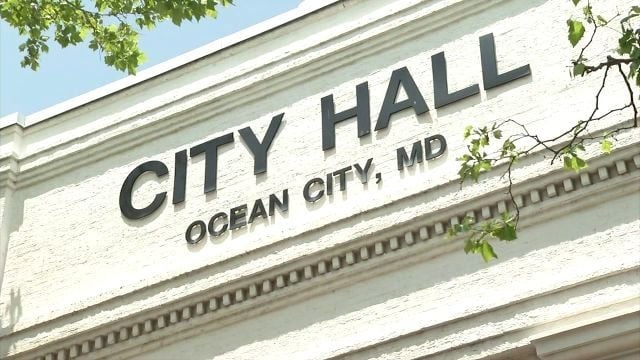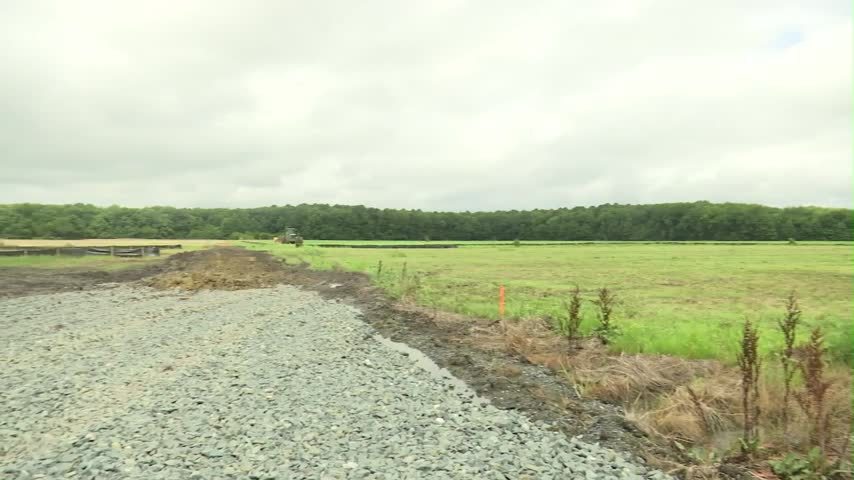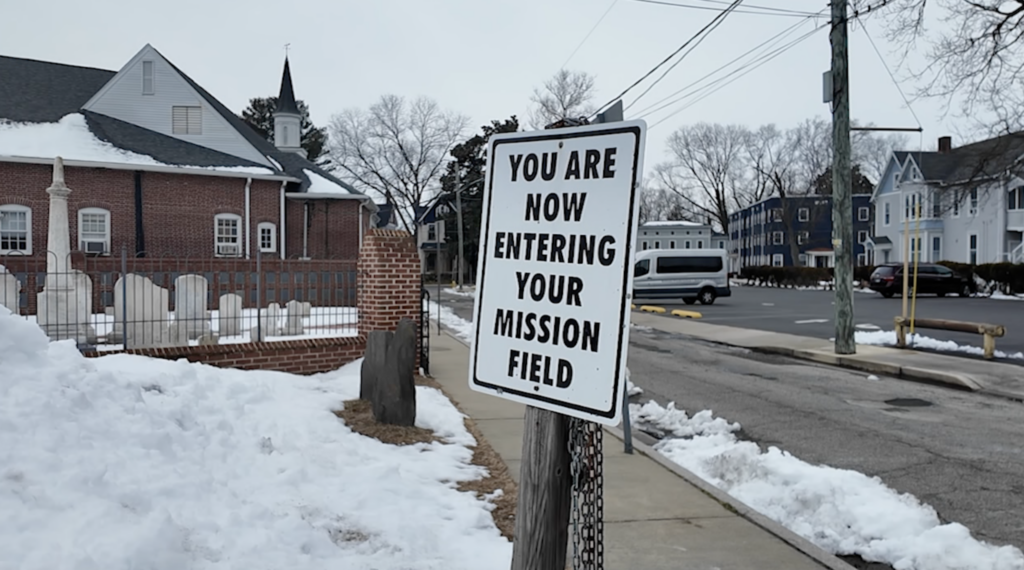State Leader Predicts Funding Cuts Will Increase Homelessness by 25%
SALISBURY, Md. — State officials and homelessness advocates say a new federal funding shift could put thousands of Marylanders — and more than 150,000 people nationwide who rely on permanent housing assistance — at risk of becoming homeless again.
The Trump administration announced new policy changes Thursday, making drastic funding cuts to permanent housing programs for homeless individuals.
Maryland Housing and Community Development Secretary Jake Day responded to the funding cuts, warning federal leaders that the decision will directly result in a 25% spike in homelessness across Maryland. He said in part, “$46 million in cuts to Maryland’s funding allocation will result in more than 2,400 Maryland households — including 4,300 people and 1,900 children — losing their homes.”
More than half of HUD’s Continuum of Care funding, which helps local organizations connect with people experiencing homelessness, will be shifted away from permanent housing solutions and redirected toward transitional housing.
In a press release published by the Department of Housing and Urban Development on Thursday, the agency said the funding shifts will promote self-sufficiency, adding, “It redirects the majority of funding to transitional housing and supportive services, ending the status quo that perpetuated homelessness through a self-sustaining slush fund.”
Anthony Dickerson, executive director of Salisbury’s Christian Shelter, said the cuts will only worsen the city’s homelessness problem.
“I think they should continue to fund that program because it’s basically money that they’re giving back that they put into the system. The situation is already bad, but it’s going to go from bad to worse,” Dickerson said.
Day pointed to Maryland’s housing first practices, saying they have been successful in cutting the state’s unsheltered homeless population by 42% and overall homelessness by 28% since 2015.
Officials estimate the funding cuts could put 170,000 people at risk of becoming homeless again.


